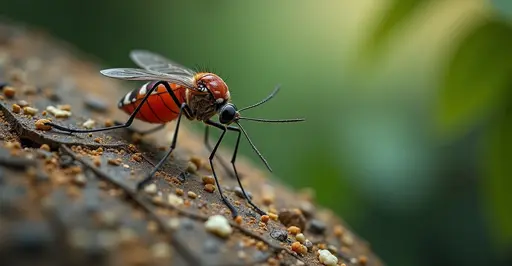
Experts Warn of Increased Risk from Animal-to-Human Viruses
Global health authorities are sounding the alarm as the risk of zoonotic diseases – infections that jump from animals to humans – continues to rise. Diseases like dengue, chikungunya, and mpox are currently causing outbreaks in multiple regions, with experts pointing to climate change, deforestation, and increased human-animal contact as key drivers.
Current Outbreak Hotspots
As of August 2025, the CDC has issued travel health notices for several destinations:
- Chikungunya outbreaks in Bolivia, Indian Ocean islands, and China
- Mpox cases in Liberia and Sierra Leone
- Dengue fever surging across the Americas with over 13 million cases reported
- Polio concerns in 30+ countries including Afghanistan and Pakistan
Why Viruses Are Jumping Species More Frequently
Scientists identify three primary factors:
- Habitat destruction forcing wildlife into human settlements
- Climate change expanding mosquito territories
- Global travel accelerating disease spread
"Approximately 1.67 million undiscovered viruses exist in mammals and birds," warns Dr. James Roth of the Center for Food Security. "Half could potentially infect humans."
Protection and Prevention Strategies
Health officials recommend:
- Using EPA-approved insect repellents containing DEET
- Eliminating standing water where mosquitoes breed
- Vaccination before traveling to high-risk areas
- Avoiding contact with wild animals
Dengue vaccine Qdenga® is now recommended for children in outbreak zones. For international travelers, the CDC advises checking destination-specific health notices before departure.

 Nederlands
Nederlands
 English
English
 French
French
 Deutsch
Deutsch
 Espaniol
Espaniol
 Portugese
Portugese




